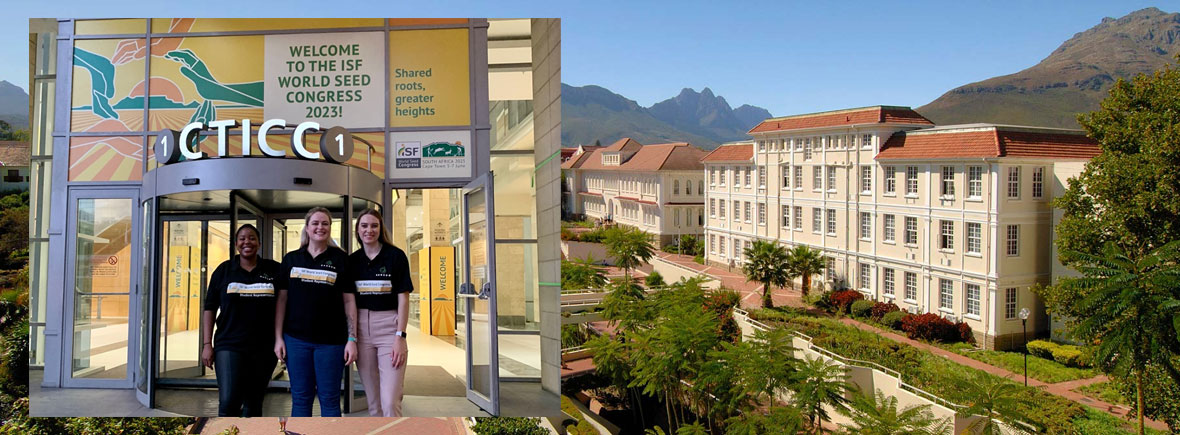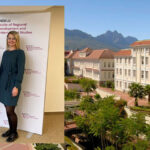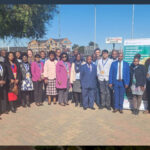
The Future Generation of the Seed Industry has Arrived
The International Seed Federation (ISF) held the 99th World Seed Conference 2023, with the theme of “Shared Roots, Greater Heights”, at the Cape Town International Convention Centre from 5 to 7 June 2023. This conference occurs annually; however, it has been 22 years since the last World Seed Conference was hosted in South Africa (at Sun City in 2001). The 100th World Seed Conference 2024 will be hosted in Rotterdam, the Netherlands. This year, the World Seed Conference hosted more than 1 200 delegates from more than 60 countries. Of these delegates, only 250 were under the age of 40 and were recognised as the “youth” during the conference. The ISF aims to empower the youth through industry engagement and collaboration, giving opportunities to young scientists wanting to grow in the field. Postgraduate students were invited to attend for this very reason, inspiring and empowering them at the same time. Further, it is worth noting that this year was the first time that a women’s luncheon was hosted at a World Seed Congress, shining a spotlight on women in the industry.
The Department of Agronomy is honoured to have had three postgraduate students, Sandra Hull (MSc), Louise Bestbier (MSc) and Mosima Mabitsela (PhD), out of only eight students chosen for this noteworthy conference, selected to attend and represent our department and university. The ISF, together with the South African National Seed Organisation, created a video competition where postgraduate students throughout South Africa could present their research related to seeds. The eight winners of this competition were selected to attend the conference. These videos were also played throughout the conference, allowing South African students’ research to be showcased to an international audience.
Giants in the industry, such as Bayer, Rijk Zwaan, Syngenta and Sakata, were in attendance, which allowed our delegates to network with CEOs and presidents of the global seed industry. Learning opportunities were plentiful, from seed coating technology, machinery and preservation to seed pathogens and nematodes. This opportunity gave Sandra, Louise and Mosima, as future seed leaders, insights into how their research has a far-reaching impact on a global scale.



